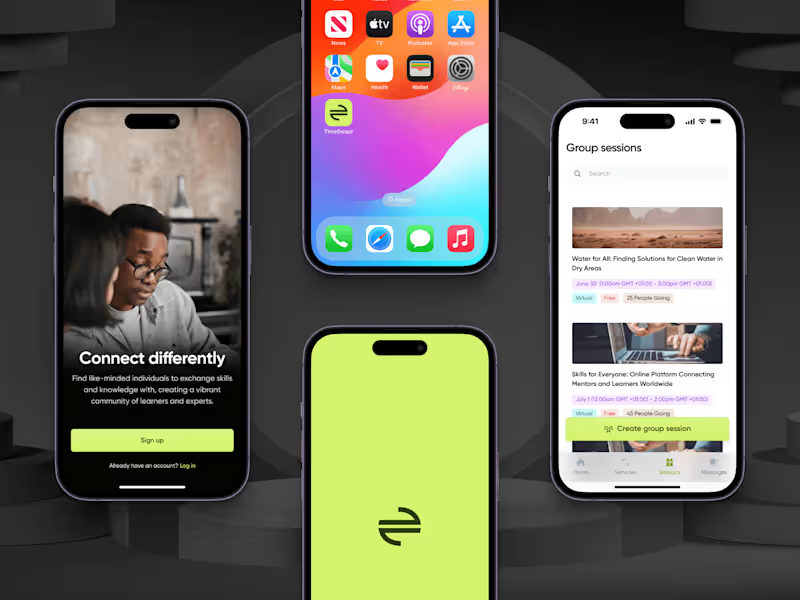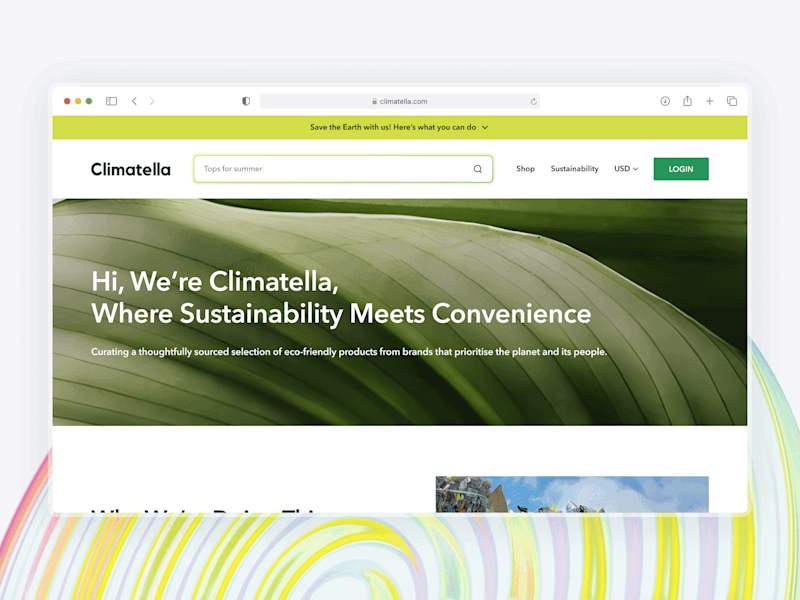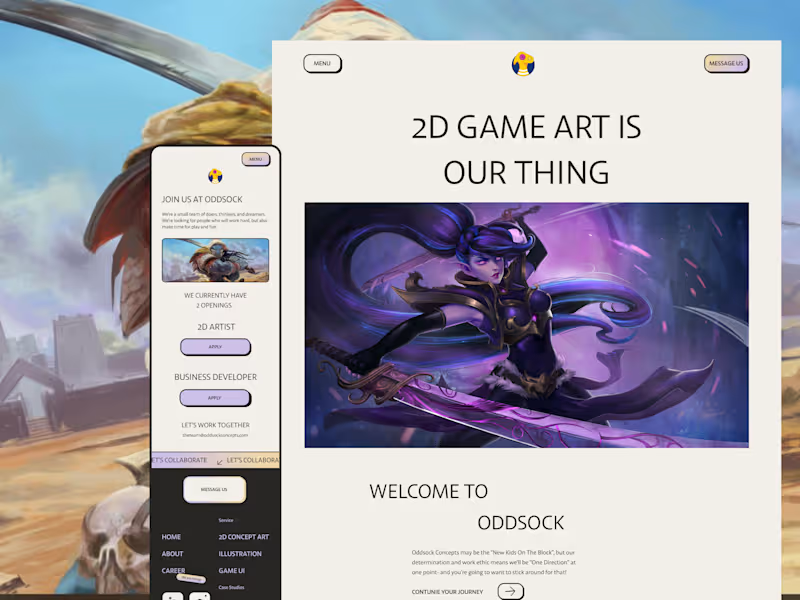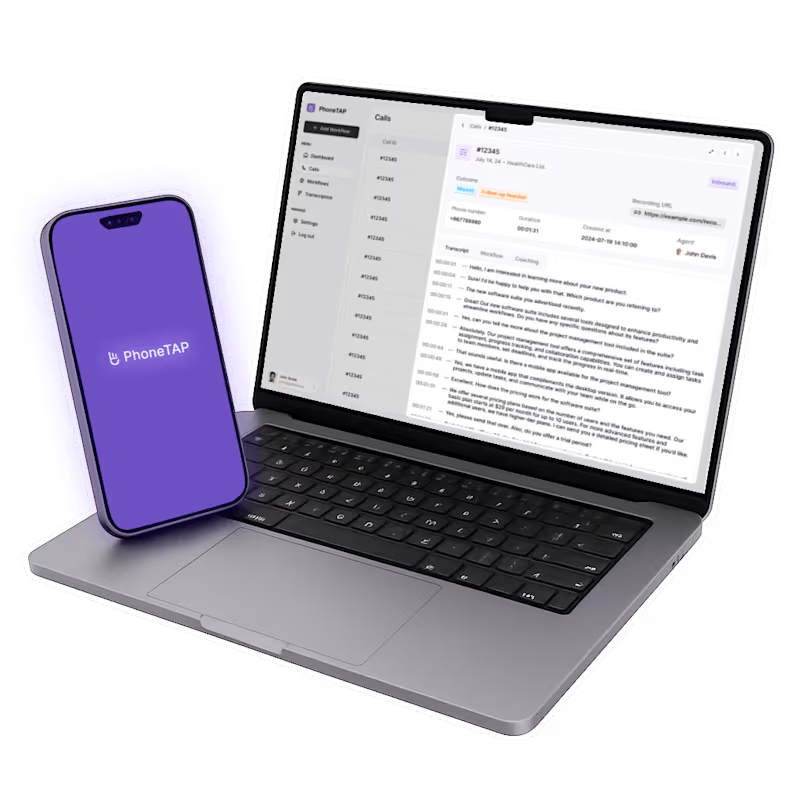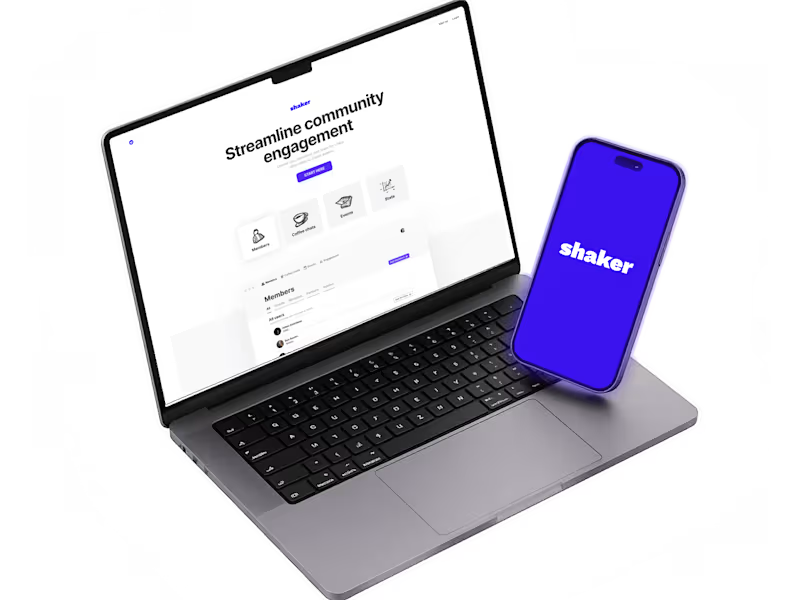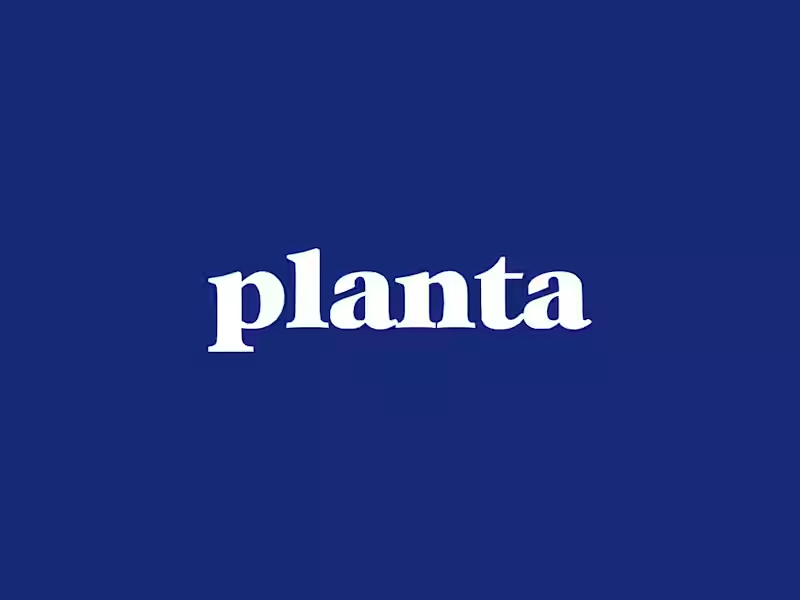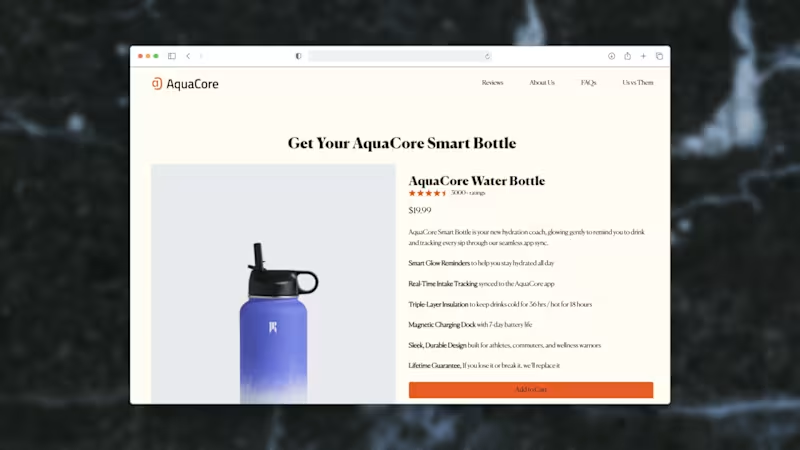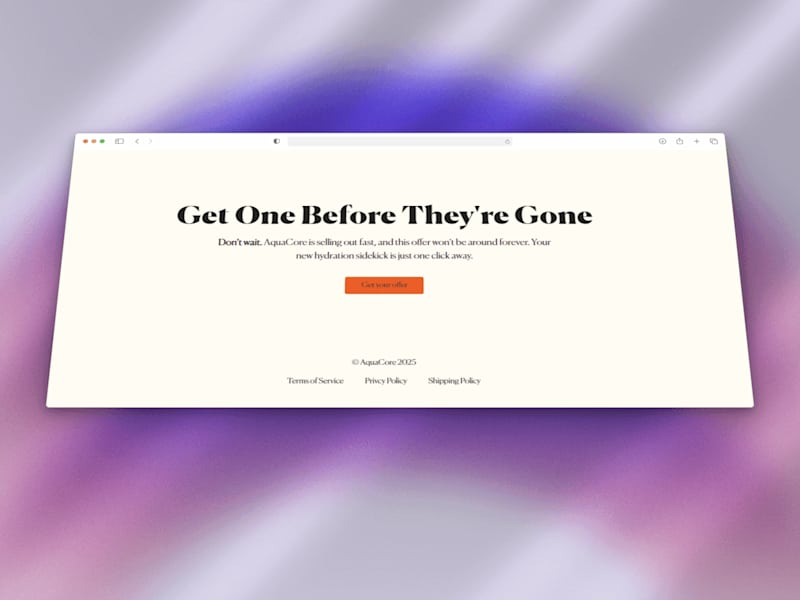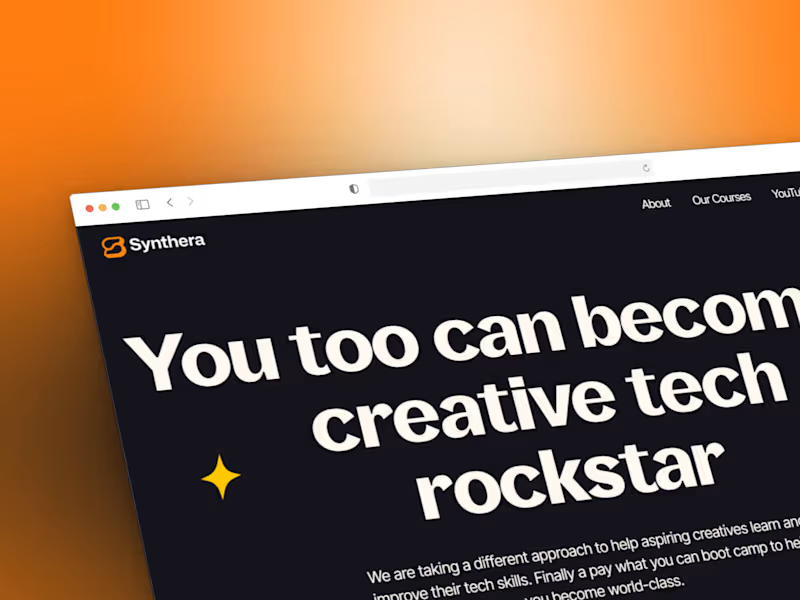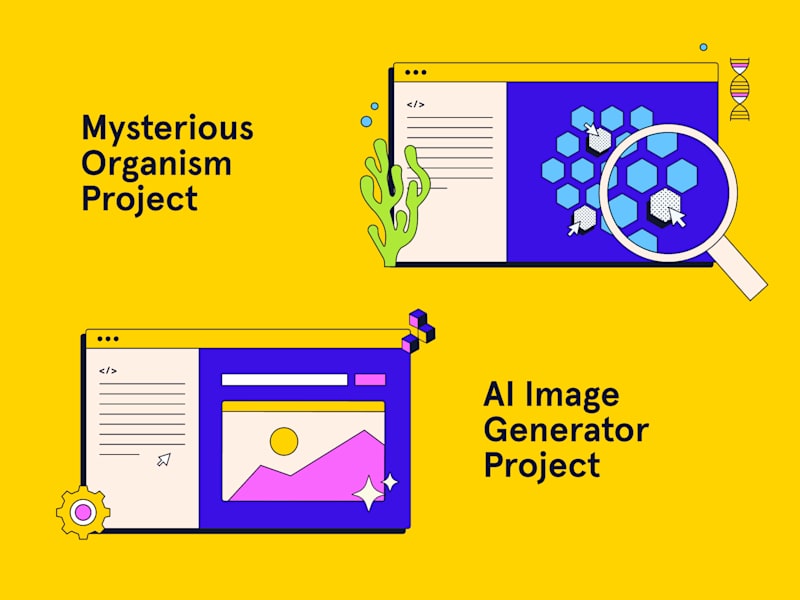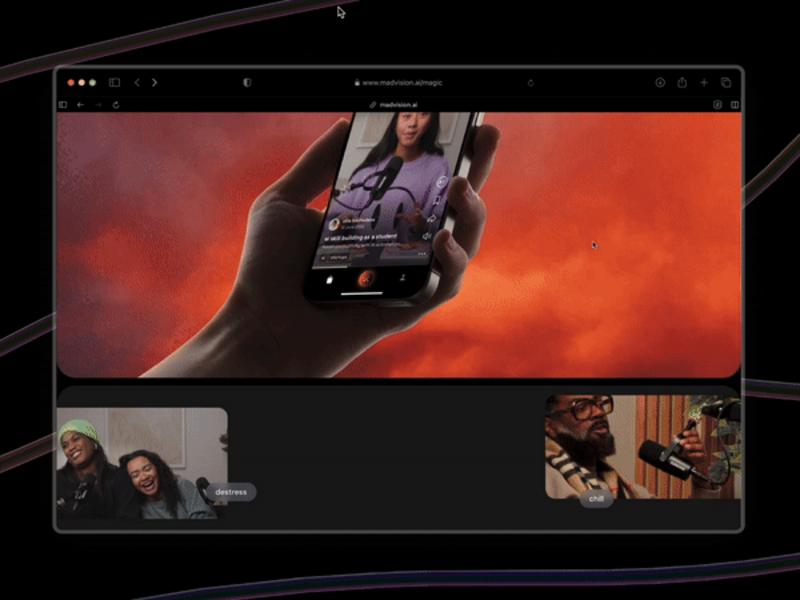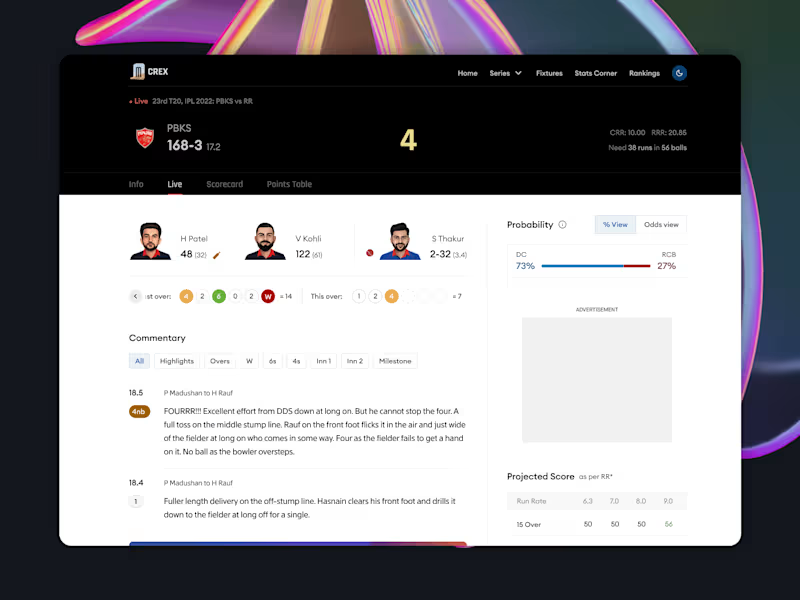Additional resources
What Are Notion Experts and Why Hire Them
Understanding Notion Consultant Roles
Key Services Notion Freelancers Provide
Benefits of Professional Notion Setup Services
Essential Skills to Look for When Hiring Notion Experts
Database Architecture and Design Expertise
Automation and Integration Capabilities
Template Development Proficiency
Training and Documentation Skills
Types of Notion Specialists Available for Hire
Notion Database Experts
Notion Automation Specialists
Notion Virtual Assistants
Full-Service Notion Consultants
How to Define Your Notion Project Requirements
Assessing Current Workflow Challenges
Identifying Specific Notion Use Cases
Setting Clear Project Objectives
Determining Budget and Timeline Parameters
Where to Find Qualified Notion Experts
Professional Notion Agencies
Certified Notion Partners
Specialized Talent Marketplaces
Notion Community Networks
Evaluating Notion Expert Candidates
Portfolio Assessment Criteria
Technical Skill Verification Methods
Communication and Collaboration Abilities
Client Testimonials and References
Cost Structure for Notion Consulting Services
Hourly Rate Ranges for Different Expertise Levels
Project-Based Pricing Models
Retainer Agreements for Ongoing Support
Factors Affecting Notion Expert Pricing
Steps to Successfully Hire Notion Experts
Step 1: Create a Detailed Job Description
Step 2: Screen Initial Applications
Step 3: Conduct Technical Interviews
Step 4: Request Work Samples or Trial Projects
Step 5: Check References and Past Client Feedback
Step 6: Negotiate Terms and Contracts
Common Notion Integration Services
CRM System Integrations
Project Management Tool Connections
Automation Platform Setups
Data Migration Services
Best Practices for Working with Notion Consultants
Establishing Clear Communication Channels
Setting Milestone-Based Deliverables
Ensuring Knowledge Transfer
Planning for Post-Implementation Support
Red Flags to Avoid When Hiring Notion Freelancers
Lack of Certification or Credentials
Overcomplicated Solutions
Poor Response Times
Limited Portfolio Examples
Maximizing ROI from Notion Expert Services
Measuring Time Savings and Efficiency Gains
Tracking User Adoption Rates
Calculating Cost Reductions
Evaluating Long-Term Scalability






























